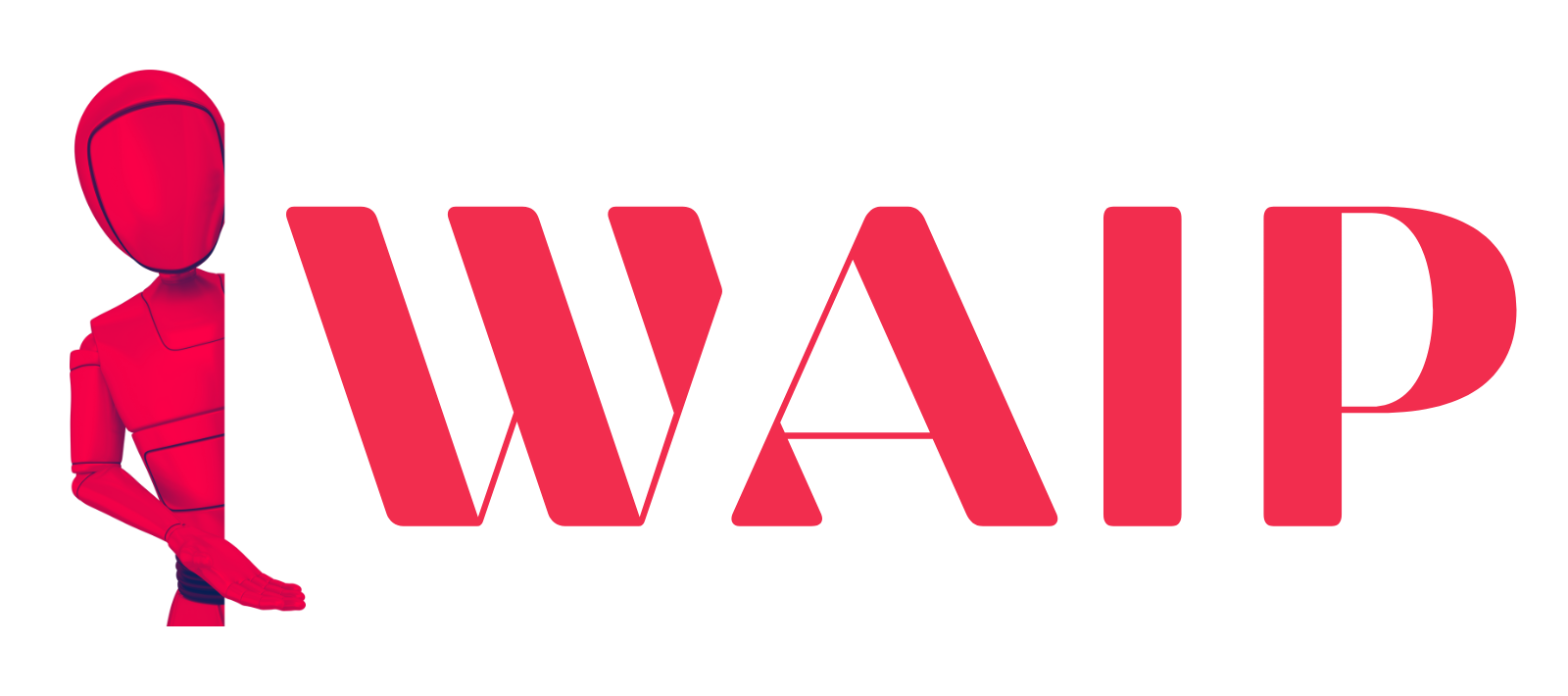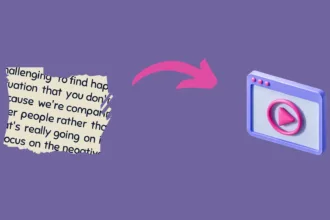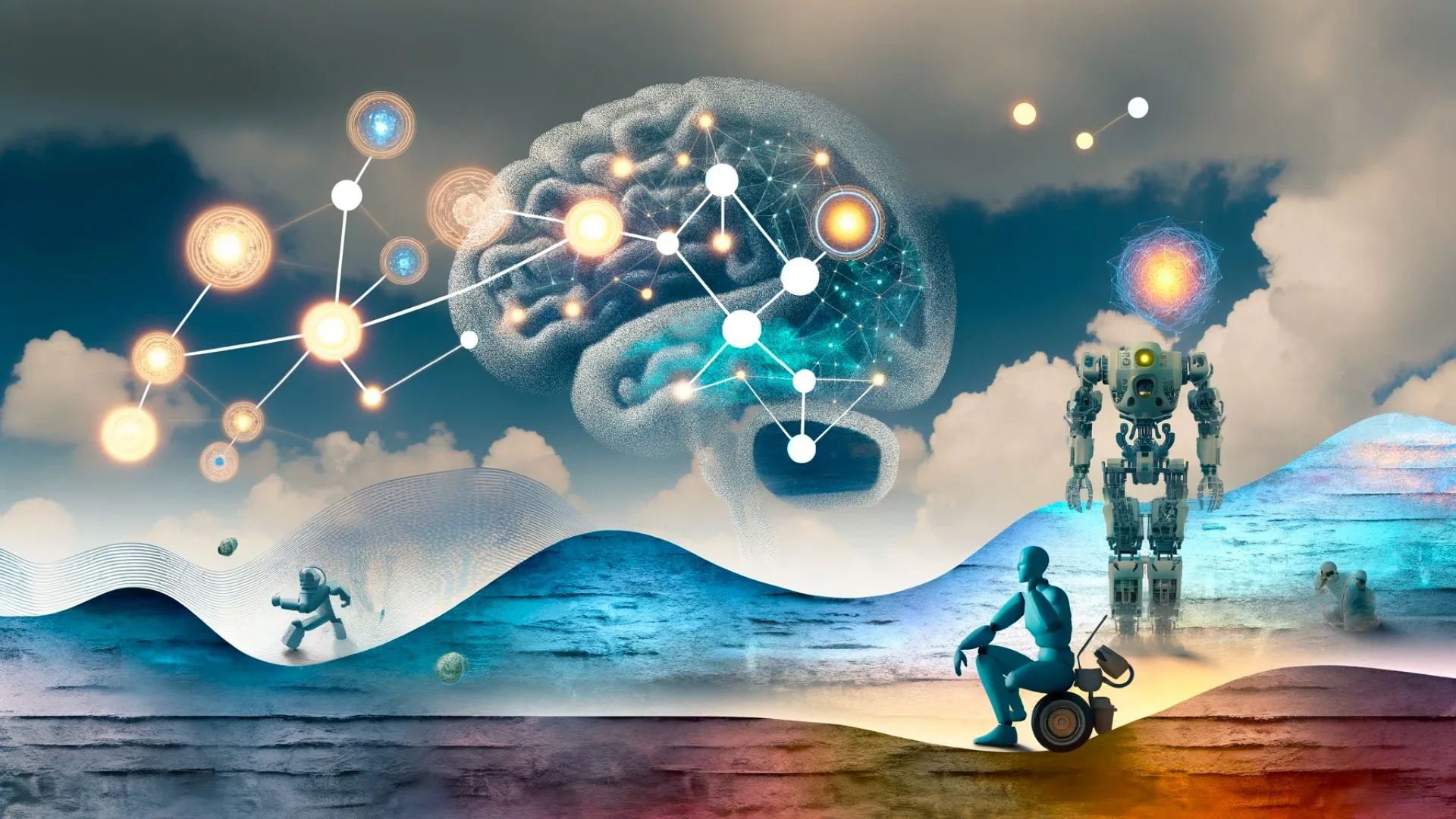Artificial Intelligence, or AI, is a technology that allows machines to learn from experience, adjust to new inputs, and perform human-like tasks.
People often wonder if AI is a friend or foe to humanity. This curiosity stems from various science fiction stories and real-world advancements in AI technology.
But the real question is, Is Artificial Intelligence a Threat to Humans?, or is it something that can significantly improve our lives?
In this article, we will explore the potential benefits and concerns related to AI and discuss how we can manage its development responsibly.
The Promise of AI
Artificial Intelligence promises to revolutionize our world in many ways. Imagine having doctors who can diagnose diseases with unbelievable accuracy or personal assistants who know exactly what we need before we even ask.
AI can make our cars safer by driving them for us, reduce errors in our work, and even solve complex problems that humans find challenging. It can help farmers grow more food, make our energy use more efficient, and open up new ways to learn and educate.
This technology is not just about robots taking over; it’s about enhancing human capabilities and making life easier and better for everyone.
The Perceived Threats of AI
Despite the exciting possibilities, some people worry about the threats AI might pose. One major concern is job loss.
As AI becomes better at performing tasks, it could replace jobs currently done by humans, leading to unemployment. Another fear is that if AI systems become too intelligent, they might act in ways that are harmful to humans, either by mistake or because they develop goals that conflict with human welfare.
There’s also the concern about privacy, as AI can process vast amounts of personal information, leading to potential misuse.
These fears are not entirely unfounded, but they often come from misunderstanding AI’s limitations and potential.
Ethical and Regulatory Frameworks
To ensure AI benefits humanity without causing harm, we need strong ethical guidelines and regulatory frameworks.
This means setting clear rules on how AI can be developed and used, focusing on safety, transparency, and fairness. Governments, scientists, and tech companies should work together to prevent misuse of AI and protect people’s rights and jobs.
This includes creating AI that is understandable by humans, making decisions that are fair, and ensuring that AI respects our privacy and freedom. By doing this, we can harness the power of AI while keeping its development under control.
Mitigating the Risks While Using the Benefits
To balance the benefits and risks of Artificial Intelligence, we must take proactive steps. First, education is key. By understanding AI, people can better appreciate its value and recognize its limitations.
Second, involving a diverse group of people in AI development can ensure that various perspectives and concerns are considered, leading to more ethical and inclusive AI solutions. Third, transparency in AI operations allows users to understand how AI makes decisions, building trust and confidence in the technology.
Additionally, developing robust security measures is crucial to protect against misuse of AI and safeguard data privacy. Finally, creating a legal framework that outlines the responsibilities of AI developers and users can help prevent harm and ensure accountability.
By taking these steps, we can harness AI’s potential while minimizing its risks, ensuring that it contributes positively to society.
Looking Ahead
The future of AI is both exciting and uncertain. As AI technology advances, it promises to bring about significant changes in every aspect of our lives.
However, the direction it takes will largely depend on the decisions we make today. By prioritizing ethical considerations, involving diverse voices in the development process, and implementing strong regulatory frameworks, we can guide AI towards a future that enhances human capabilities, addresses global challenges, and respects our shared values.
The journey ahead requires careful navigation, but with thoughtful planning and collaboration, the future of AI can be bright and beneficial for all.
FAQs
-
Will AI replace my job?
AI may automate certain tasks, but it’s also creating new job opportunities and industries. The key is to adapt by gaining skills that complement AI, such as problem-solving, creativity, and emotional intelligence.
-
Can AI become smarter than humans?
AI can exceed human performance in specific tasks, but it lacks the general understanding and consciousness of humans. Its “intelligence” is focused and based on the data it’s trained on.
-
Is it possible to control AI to prevent harm?
Yes, through careful design, ethical guidelines, and regulatory frameworks, we can develop AI systems that are safe and aligned with human values. Ongoing research and collaboration among stakeholders are essential to ensure AI’s beneficial integration into society.
Conclusion
AI is not a straightforward friend or foe. It is a powerful tool that, if managed wisely, can bring immense benefits to humanity.
The key to making AI work for us is understanding its potential and limitations, addressing the legitimate concerns associated with its development, and implementing ethical and regulatory frameworks to guide its use.
By doing so, we can ensure that AI serves as a force for good, enhancing our lives while safeguarding our values and well-being.

![Best Mobile Games Your Should Try in 2024 [Trending Now] 2 Best Mobile Games](https://wideaiprompts.com/wp-content/uploads/2024/03/Best-Mobile-Games-330x220.webp)



![Best Mobile Games Your Should Try in 2024 [Trending Now] 9 Best Mobile Games](https://wideaiprompts.com/wp-content/uploads/2024/03/Best-Mobile-Games-150x150.webp)


